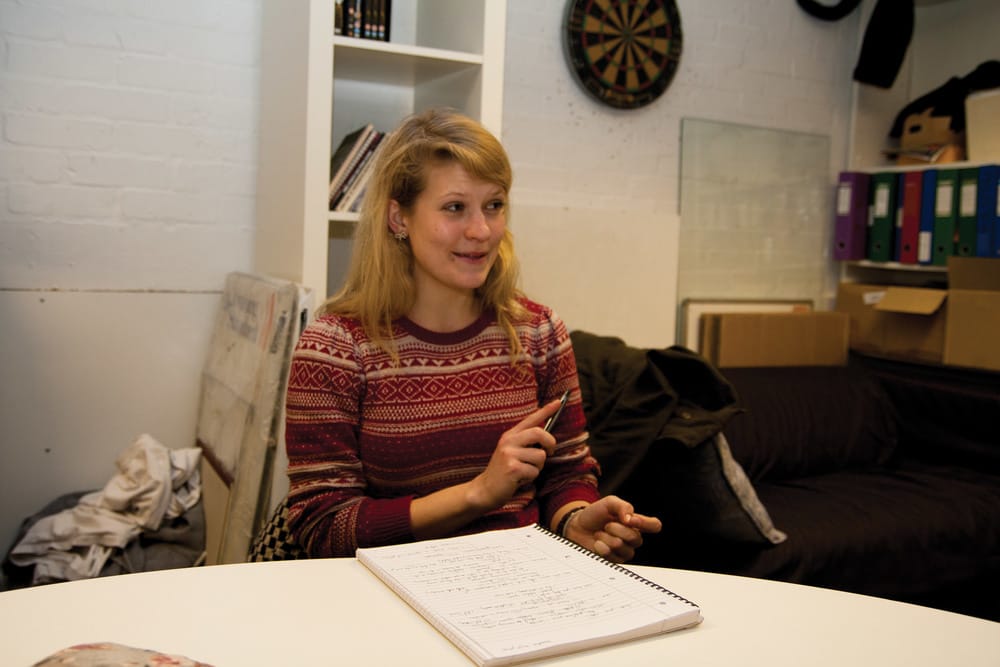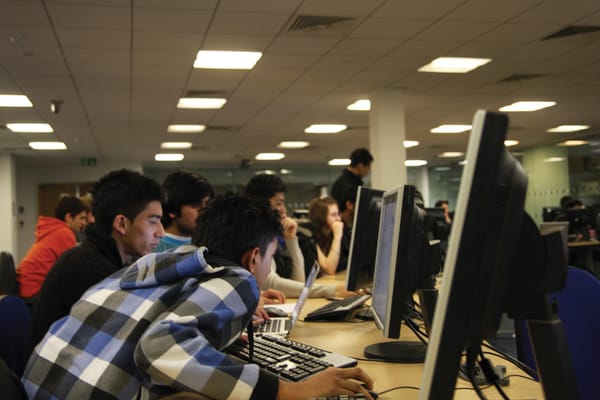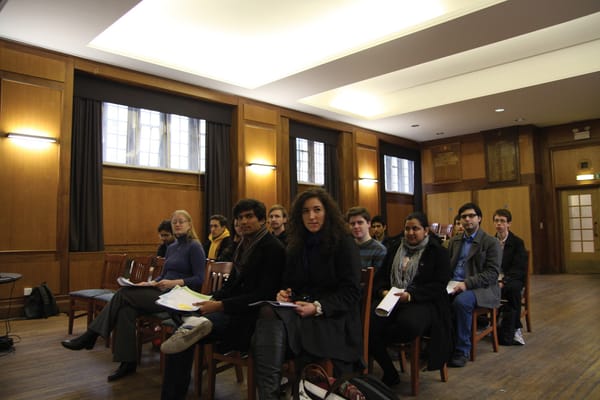The Battle for Imperial’s Intellectual Property
Universities are an important source of intellectual property, with only 2% of patents now owned by individuals

Harriet Gliddon is the latest student to join the campaign. A student campaign that first sparked in the classrooms of Yale and burned across the world; it has finally reached Imperial College London. Harriet is the founder of the newest chapter of Universities Allied for Essential Medicines (UAEM), here at Imperial. The organisation lobbies universities to show their commitment to aiding the developing world by ensuring that potential new drugs developed are made affordable in poorer countries.
Research at Imperial College is underway into a novel Meningitis B vaccination. Meningitis B is an epidemic bacterial meningitis and occurs throughout the African meningitis belt. There is no vaccine. In January, the research received an upfront payment of £1m in funding from Novartis, a world-leading pharmaceutical company, in exchange for the exclusive worldwide license. Felix has learnt that the agreement was subject to a confidentiality clause. Due to the clause, it is not known whether the deal will require Novartis to produce the vaccine affordably for developing world countries.
UAEM are not the only ones engaging with universities to release intellectual property (IP). On Monday, the Council for Industry and Higher Education (CIHE) published a report urging universities to share their ideas more freely. However, the case for releasing IP is not black-and-white.
In the current economic climate, CIHE argues that universities could have a significant impact in kick-starting UK manufacturing. According to the council, “our taskforce has found that the simple act of universities opening their vast knowledge banks and providing free access to their intellectual property would have the single biggest impact on accelerating the capability and growth of smart manufacturing in the country”. CIHE’s report cites an initiative launched last year by Glasgow University, “Easy Access IP” which aims to give away university IP to businesses for free.
Universities currently represent an important source of intellectual property (IP), with only 2% of patents now owned by private individuals. In the past, it has not been unusual for universities to take a liberal stance on IP and the economic repercussions are well established. The ‘Cambridge Phenomenon’, which began over 50 years ago, led to a cluster of technology-based business start-ups exploding from the university’s research activity. In the US, universities have contributed to similar occurrences in Massachusetts and Silicon Valley. Most university IP is already released freely when research is published. Only ideas that have yet to be published can be patented in the UK and Europe, but published ideas can be patented in the US.
Imperial College is one of the most important sources of IP nationally and filed for 48 patents in the 2009-10 academic year. It trails behind Cambridge and Oxford Universities who filed for 124 and 73 patents respectively. However, Imperial leads against UCL, which filed for just 35 patents in the year previous.
Imperial Innovations is a company with ownership access to IP generated at Imperial College that translates research into commercial products. Although Innovations started life as the college’s technology transfer office, it is now a plc on the London stock exchange with Imperial College holding only a 30.3% share. Innovations helps researchers to get to grips with technology transfer, and undertake filing of patents and product licensing. In a minority of start-ups, they help academics to set up ‘spin-off’ business. Innovations currently have 81 of these ‘spin-off’ businesses in their portfolio. However in the vast majority, they help researchers find industrial partners to advance their product. Imperial College retains a share of these businesses but doesn’t pay for any failures, making it a ‘no win, no fee’ arrangement for the college and researchers. Innovations receive 3-400 ideas every year from inventive academics and this leads to the filing of between 40 and 60 patents. Each year, Innovations spends hundreds of thousands of pounds in filing and defending these patents. They are extending their activity to include late-stage projects in other high research-income universities including Oxford, Cambridge and UCL.
The CIHE report was produced by its Engineering & Manufacturing taskforce, which is made up of heads of industry, including BAE systems and BSkyB, as well as a number of leading academics. It would be wrong to consider these proposals in the same instance as the UAEM campaign. Many of the industry figures on the taskforce stand to directly benefit from universities releasing their IP.
Glasgow University’s “Easy Access IP” initiative was not without its critics. Reportedly, the first question asked at the press launch was “what do the inventors think?” highlighting concerns that it fails to support the university’s researchers. In addition, a source at Imperial Innovations said Glasgow had been “selective” in picking which IP to release and had “only chosen the ones that they had already tried and failed to commercialise”.
UAEM at Imperial is organised by the MEDSIN society and was denied its society application by the Union. Since its launch this year, it has already held the UAEM-Europe Conference, attended by Nobel prize-winning bioethicist Professor John Sulsto. UAEM are engaged in ongoing dialogue with Imperial Innovations to achieve their campaign goal.
Gliddon told Felix of her concerns that Imperial Innovations were “not going to listen to us” as “for them the be all and end all is money”. She argues “it’s a privilege for a company to get access to university’s research”.
Imperial Innovations is unusual for a university technology transfer office in its status as a private company. Gliddon commented, “this is despicable – they should be answering to the university not to bankers in the city”.
An ethical statement on the Imperial Innovations website states that they “will seek assurances from commercial partners that wherever possible they will make available licensed technologies and products to developing countries for locally affordable prices”. However, Gliddon told Felix “I don’t think they even try”.
‘A Global Village’, Imperial College’s international affairs journal, will be hosting a panel discussion entitled “Big Pharma and Global Health: The Role of Intellectual Property”. This event takes place at the Business School on Monday 7th March and tickets are available online now.








